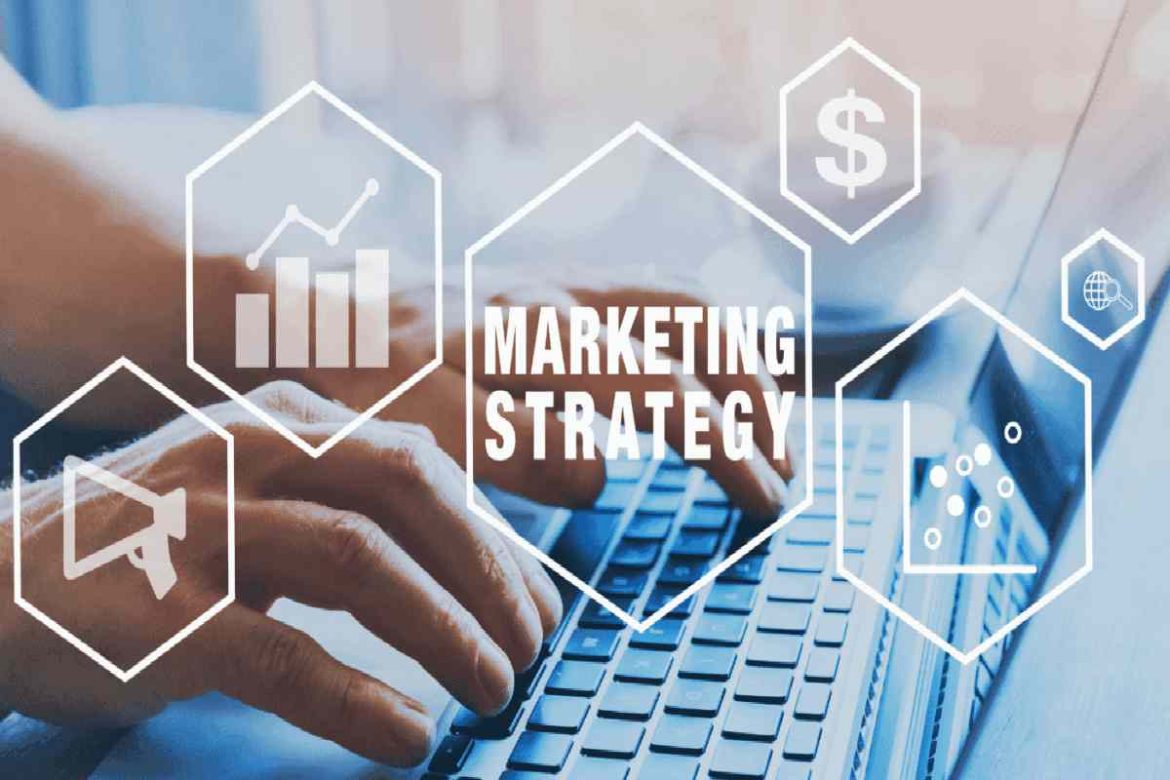Table of Contents
The Unspoken Power: Why Educational Content is the Cornerstone of Mental Health Marketing
In a world saturated with digital noise, standing out as a mental health provider can feel like an impossible task. Traditional marketing tactics—like glossy ads and direct calls to action—often fall flat in an industry where trust and empathy are paramount. So, how do you effectively connect with an audience that’s often hesitant and vulnerable? The answer lies in a different approach: educational content.
This isn’t about selling a service; it’s about building a relationship. By providing valuable, accurate, and compassionate information, you can establish yourself as a trusted authority, demystify complex topics, and ultimately, help more people find the support they need. This is the new frontier of Mental Health Marketing.
From Stigma to Strength: The Role of Education
Mental health conditions are still shrouded in stigma and misunderstanding. This can create a significant barrier for individuals seeking help. They may fear judgment, feel ashamed, or simply not know where to begin. Educational content serves as a powerful antidote to this. By producing articles, videos, and infographics that explain common conditions, debunk myths, and provide practical coping strategies, you’re not only informing but also normalizing the conversation.
When someone struggling with anxiety finds a well-written blog post that validates their feelings and offers actionable advice, they begin to see the provider not just as a business, but as a genuine resource. This initial, low-pressure interaction builds a foundation of trust that is difficult to achieve through other means. It allows potential clients to engage with your expertise on their own terms, in the privacy of their homes, before they’re ready to make a phone call or book an appointment.
Building Trust and Establishing Authority (E-A-T)
Google’s algorithm, particularly for what it calls “Your Money or Your Life” (YMYL) topics—which includes healthcare and mental health—places a heavy emphasis on E-A-T: Expertise, Authoritativeness, and Trustworthiness. For any form of Mental Health Marketing, this is non-negotiable.
Here’s how educational content directly addresses these critical factors:
- Expertise: When a licensed therapist or a clinic’s expert staff authors a detailed article on a specific topic, such as “Navigating Postpartum Depression,” it showcases their specialized knowledge. Including a professional author bio with credentials, affiliations, and experience is crucial for proving this expertise to both readers and search engines.
- Authoritativeness: Your website becomes an authority when it’s consistently cited and linked to by other reputable sources. Creating high-quality, research-backed content on topics like trauma-informed care or the benefits of CBT positions your practice as a leader in the field.
- Trustworthiness: This is earned through transparency and accuracy. Providing well-sourced information, citing reputable organizations like the CDC or APA, and including clear disclaimers that the content is for informational purposes only, all contribute to a sense of trust. Furthermore, having a clear and easily accessible “About Us” page with team member bios and contact information is vital.
By adhering to these E-A-T principles, your content doesn’t just rank higher in search results; it genuinely earns the respect and confidence of your audience. This makes it a far more effective form of Mental Health Marketing than any purely promotional campaign.
Content That Converts: The Path from Reader to Client
While educational content may seem like an indirect marketing approach, it’s actually incredibly effective at nurturing leads. According to a Content Marketing Institute survey, a significant majority of B2B buyers rely more on content when making final purchase decisions. This is even more true in a sensitive field like mental health.
Here’s how the process works:
- Awareness Stage: A user searches for a general term like “signs of burnout.” They land on your well-optimized blog post, which educates them on the topic and validates their experience.
- Consideration Stage: The user, now aware that they may need help, searches for more specific solutions, like “therapy for burnout.” They find another one of your articles that explains different types of therapy and their benefits. This positions your practice as a knowledgeable guide.
- Decision Stage: Feeling informed and trusting your expertise, the user is now ready to take action. They click on a subtle, supportive call to action at the end of your content, such as “Schedule a free consultation to discuss your specific needs” or “Meet our team of licensed therapists.”
This “buyer’s journey” is a testament to the power of educational content. It transforms a cold lead into an educated, informed, and trusting prospect. This approach to Mental Health Marketing creates clients who are already invested in their own well-being and more likely to be committed to the therapeutic process.
The Future of Mental Health Marketing: It’s About Helping
Ultimately, the most successful Mental Health Marketing strategies are those that prioritize the well-being of the audience above all else. In a 2017 literature review, research on mental health awareness campaigns found that educational interventions, particularly those involving social contact or first-person narratives, were effective at reducing stigma and improving attitudes toward mental illness. While some studies showed short-term benefits, the overall consensus was that education is a powerful tool for de-stigmatization.
Educational content embodies this spirit. It’s a proactive, helpful, and ethical way to reach people in need. It’s about empowering them with knowledge, reducing their fear, and guiding them toward a path of healing. By focusing on creating value, you’re not just growing your practice—you’re contributing to a more informed, compassionate, and mentally healthy society. This is the true, and most valuable, return on investment.
So, as you plan your next marketing move, ask yourself: How can I educate, not just advertise? How can I help, not just sell? The answer will guide you to a more authentic, effective, and rewarding form of Mental Health Marketing.

